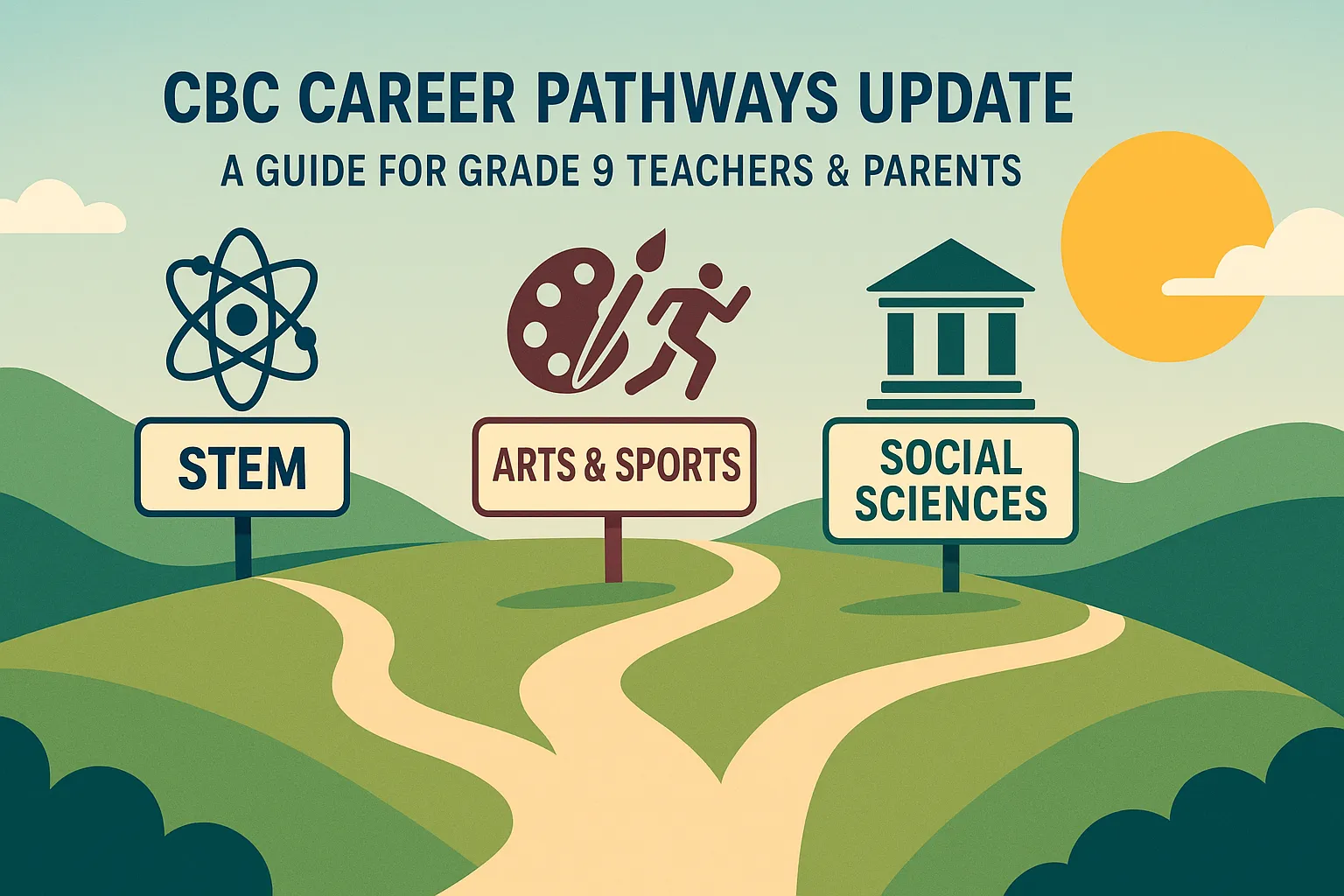🌟 Benefits of Self-Regulation in Academic Success: Unlock Your Full Potential
By SmartExaminers.com – Your AI-powered tool for generating exams and answers based on any curriculum, downloadable in editable Word format.
Introduction: Why Self-Regulation Is Your Secret Academic Weapon 🎯
If you've ever struggled with procrastination, missed deadlines, or exam stress, you're not alone. The key difference between top-performing students and those who struggle often boils down to one powerful skill: self-regulation.
In this guide, you'll discover why self-regulation is crucial for academic success, how it impacts your grades and mental health, and practical steps to master it — starting today! 🚀
What is Self-Regulation in Academics? 🧠
Self-regulation refers to your ability to manage your emotions, behaviors, and thoughts in a way that promotes goal achievement. In academics, it's what helps you:
- Set realistic goals 🎯
- Stay motivated 🏃
- Control impulses (like binge-watching Netflix 😅)
- Track and adapt your learning strategies 📈
According to the American Psychological Association (APA), self-regulation is a critical predictor of academic and life success. 🔗 Source: APA Research
📝 Pro Tip: Students who demonstrate higher self-regulation are 2x more likely to graduate on time compared to those who don't.
The Top 10 Benefits of Self-Regulation in Academic Success 🎓
1. 🎯 Improved Focus and Concentration
Without self-regulation, distractions win. With it, you win.
Students who master self-regulation techniques can focus longer, ignore distractions, and enter "deep work" states where productivity skyrockets.
Example: A study by the University of Toronto found students who practiced mindfulness (a self-regulation technique) improved their test scores by 23% over a semester.
2. 🏆 Consistent Academic Performance
Self-regulated students don't experience huge grade fluctuations.
They plan, execute, and adjust consistently — leading to steady academic success.
Consistency > Intensity
3. 📅 Better Time Management
Time management is impossible without self-regulation.
Self-regulated learners:
- Create realistic study schedules 🗓️
- Prioritize tasks effectively
- Balance academics, hobbies, and social life without burning out
4. 😌 Reduced Stress and Anxiety
Students who can regulate themselves are less stressed because they:
- Avoid last-minute cramming 📚
- Face exams with better preparation
- Feel more in control emotionally
Research Insight: Students practicing emotional regulation techniques report 33% lower anxiety before exams compared to non-practitioners.
5. 🔥 Increased Motivation and Discipline
Self-regulation helps fuel intrinsic motivation.
When you control your mindset, you stop depending on "mood" to study — you study because it's part of who you are.
6. 🧠 Enhanced Learning and Retention
Self-regulated learners reflect on what methods work and tweak their study habits accordingly.
This metacognitive cycle:
- Plan
- Act
- Reflect
- Adjust
leads to deeper learning and better long-term retention.
7. 🗣️ Improved Communication Skills
Believe it or not, self-regulation also improves:
- Class participation 🎤
- Group project cooperation 🤝
- Asking for help when needed
This boosts both academic and social success.
8. ✨ Higher Self-Confidence
When you see yourself stick to your plans, your self-trust grows.
You start believing:
"If I plan it, I can achieve it."
This self-confidence spills over into exams, presentations, and even life after school.
9. 💪 Greater Resilience Against Failure
Failures happen.
But self-regulated students bounce back faster because they:
- See mistakes as feedback, not judgments
- Adjust strategies instead of quitting
10. 🎉 Long-Term Career Success
Good self-regulation isn't just for school.
It prepares you for:
- Professional deadlines 🏢
- Self-directed learning 🎓
- Personal goal achievement 🏆
Investing in self-regulation today sets you up for a successful life tomorrow.
Real-Life Examples: Students Who Mastered Self-Regulation ✍️
Example 1: Sarah, the College Freshman
Sarah entered university overwhelmed.
Using a simple habit-tracking app and a weekly reflection journal, she transformed from a C+ student to an A-grade student in just two semesters! 🎉
Example 2: David, the High School Senior
David struggled with procrastination.
He implemented the Pomodoro technique (study 25 mins, break 5 mins) and built discipline by celebrating small wins with simple rewards like 15 minutes of gaming after completing tasks.
How to Build Your Self-Regulation Skills: A Step-by-Step Guide 🛠️
✅ Step 1: Set Clear Academic Goals
Example:
Bad goal: "Do well in math."
Good goal: "Score at least 85% in math by June exams."
✅ Step 2: Break Goals Into Actionable Tasks
Turn large goals into daily or weekly tasks.
E.g.,
"Study 2 chapters every week" 📖
✅ Step 3: Use Tools for Planning
Try:
- Notion 🗂️
- Google Calendar 📆
- Todoist ✅
✅ Step 4: Monitor Your Progress
Weekly reflection questions:
- What worked well?
- Where did I struggle?
- How will I adjust next week?
✅ Step 5: Reward Yourself
Celebrate small wins with:
- Favorite snacks 🍫
- Short YouTube breaks 🎥
- Hangouts with friends 🎉
✅ Step 6: Build Emotional Regulation Skills
When you feel frustrated or distracted, try:
- Deep breathing 🌬️
- Quick meditation 🧘
- Positive affirmations 🙌
Common Challenges and How to Overcome Them ⚡
| Challenge | Solution |
|---|---|
| Losing motivation halfway | Revisit your WHY. Renew goals. 🔄 |
| Overwhelming schedules | Prioritize top 3 tasks daily. 🌟 |
| Giving up after failure | Reflect, adjust, and restart small. 🔥 |
| Procrastination | Use "2-minute rule": Just start! 🏁 |
FAQ: Everything You Want to Know About Academic Self-Regulation ❓
🔎 Can anyone learn self-regulation?
Yes! It's a skill, not a trait. With practice, anyone can improve.
🔎 How long does it take to master?
Studies suggest about 66 days to form a strong self-regulation habit.
🔎 What’s the best self-regulation tip for students?
Start with small, consistent changes and celebrate progress, not perfection.
🔎 Is self-discipline the same as self-regulation?
They're related but not identical.
Self-discipline = control behavior.
Self-regulation = control behavior and emotions/thoughts for long-term success.
Conclusion: Start Winning Your Academic Journey Today 🏆
Self-regulation is more than just self-control — it's the engine behind academic achievement and lifelong success.
The earlier you start building it, the bigger your future wins. 🌟
Remember:
"Success doesn't happen by chance. It happens by choice — and self-regulation is that choice." 💡
 SmartExaminers
SmartExaminers


